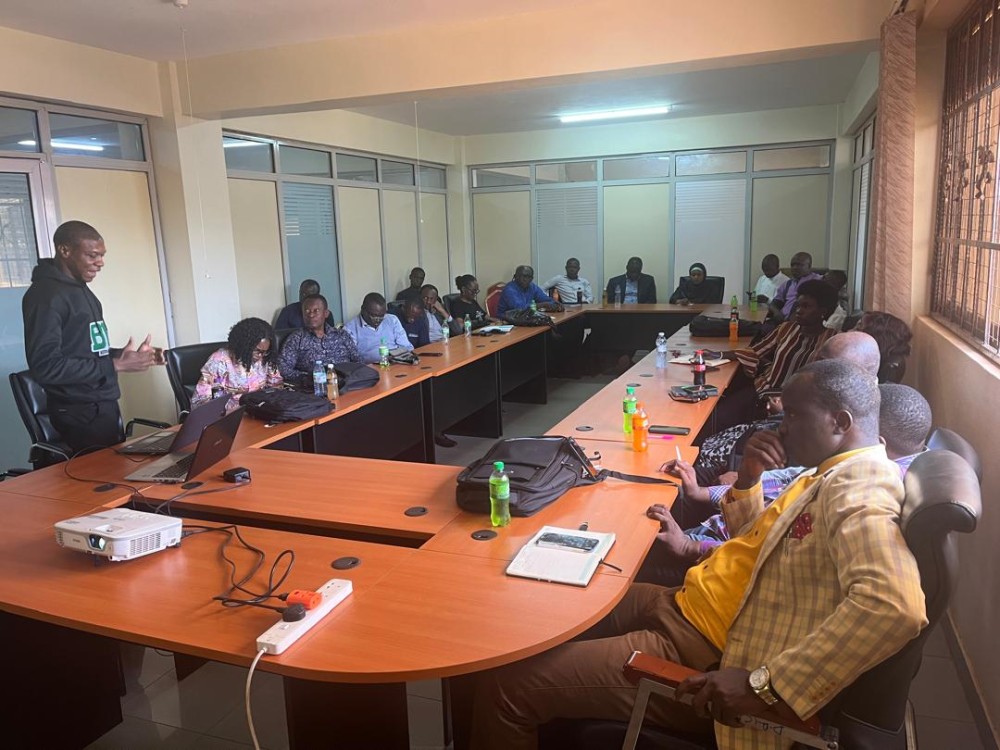
May
KIU Hosts Workshop to Enhance Research Writing and Publishing Skills
May 17, 2024, 5:08 pm
| Title: | Factors that Influence Uptake of Cervical Cancer Screening Among Women Attending Fort Portal Regional Referral Hospital Kabarole District Uganda |
| Author(s): | Sonko Hillary |
| Year | 2024 |
| Publisher: | EURASIAN EXPERIMENT JOURNAL OF SCIENTIFIC AND APPLIED RESEARCH |
| URI: | https://publications.kiu.ac.ug/publication-page.php?i=factors-that-influence-uptake-of-cervical-cancer-screening-among-women-attending-fort-portal-regional-referral-hospital-kabarole-district-uganda |
| File: | |
| Keywords: |
Poor access to comprehensive cervical cancer screening added significantly to the high morbidity and mortality rates
brought on by the disease in poor nations. The majority of the burden of this was placed on underserved communities
in rural areas, where access to health care was hampered by problems with transportation, inadequate medical
facilities, and a lack of information. In this study, women at Fort Portal Regional Referral Hospital (FPRRH) were
asked to rate their use of cervical cancer screening and its related factors. This descriptive cross-sectional study used
quantitative data collection techniques and was conducted in Fort Portal City, at FPRRH. A semi-structured
questionnaire on cervical cancer screening was used to gather information from females between the ages of 15 and
49 who had lived in the area for at least six months. Epi-data 3.02 was used to enter the data and STATA 12.0 was
used to analyse it. The analyses included univariate, bivariate, and multivariate. Negative person perceptions were
cited as a barrier to cervical cancer screening 553 times (64.5%), and 416 other respondents (48.5%) claimed they
were unaware of the screening program. Being recommended by a health professional [AOR = 87.85, p 0.001],
knowing where screening services were offered [AOR = 6.24, p = 0.004], and knowing someone who had ever been
screened [AOR = 9.48, p = 0.001] were the independent predictors of cervical cancer screening. Cervical cancer
screening knowledge, attitude, and practice were lacking. The responsible body needed to actively spread information
about cervical cancer screening, boost women's economic standing, and offer cervical cancer counselling while
patients were receiving medical care. To improve access to the service in remote regions, interventions to promote
cervical cancer screening should be put into place

Kampala International University,
Box 20000, Ggaba Road, Kansanga, Kampala